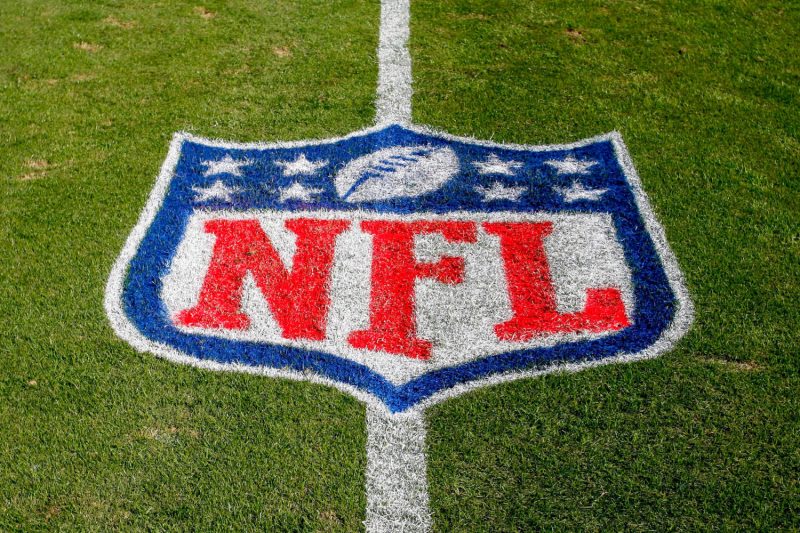In a recent legal battle that has captured widespread attention, a federal judge made a significant ruling regarding a high-stakes case involving the National Football League (NFL) and its Sunday Ticket package. The case, which revolved around allegations of anti-competitive practices and collusion, culminated in a jury verdict that initially awarded the plaintiffs a staggering $4.7 billion in damages. However, this monumental decision was recently overturned by the federal judge, marking a noteworthy turn of events in the ongoing saga of this lawsuit.
The heart of the matter in this case lies in the plaintiffs’ claim that the NFL and its broadcasting partners engaged in unlawful practices that unfairly restricted competition in the marketplace for broadcasting NFL games. The Sunday Ticket package, a popular offering that grants subscribers access to out-of-market NFL games, has been a subject of contention due to its exclusive nature and the perceived lack of alternatives for consumers. The plaintiffs argued that the NFL and its broadcasters engaged in anticompetitive behavior by limiting access to these games and suppressing potential competition that could offer similar services at a lower cost.
The original jury verdict, which awarded the plaintiffs a staggering $4.7 billion in damages, sent shockwaves through the sports and entertainment industries. The astronomical sum reflected the jury’s determination that the NFL and its partners had indeed engaged in anticompetitive practices that harmed consumers and competition in the marketplace. The implications of this verdict were far-reaching, with many speculating about the potential consequences for the NFL and the broadcasting landscape as a whole.
However, the federal judge’s recent decision to overturn this verdict has injected a new level of complexity into the proceedings. In his ruling, the judge cited procedural errors and inconsistencies in the jury’s decision-making process, casting doubt on the validity of the original verdict. The judge’s decision to vacate the $4.7 billion award represents a significant setback for the plaintiffs and their supporters, who had hoped that the initial ruling would bring about sweeping changes in the broadcasting industry.
As the legal battle continues to unfold, both sides are gearing up for what promises to be a protracted and hard-fought legal conflict. The NFL and its broadcasting partners are likely to continue defending their practices and asserting that they have adhered to all legal requirements in offering the Sunday Ticket package. On the other hand, the plaintiffs are expected to regroup and strategize their next steps in light of the federal judge’s decision to overturn the jury’s verdict.
The ramifications of this case extend beyond the immediate players involved and raise important questions about competition, consumer choice, and the evolving landscape of sports broadcasting. As the legal wrangling continues, industry observers and consumers alike will be eagerly watching to see how this high-profile case ultimately resolves and what implications it may have for the future of broadcasting and competition in the sports media sphere.
